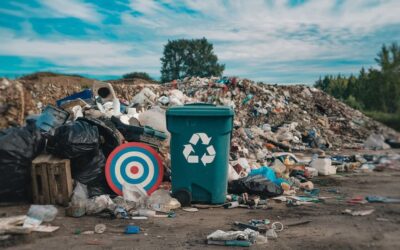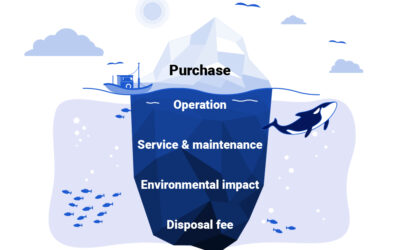From the invention of polyethylene to the Nobel Prize for Natta
A historical excursus on plastic recycling
Plastic, a versatile and omnipresent material in our daily lives, has a history that has its roots in the second half of the 19th century.
Its production has seen a surge since the 1950s, with the oil boom and the development of new polymers such as polyethylene and polypropylene.
The first research on recycling
Already in the 1960s, the growing quantity of plastic waste raised the question of its management.
Early recycling research focused primarily on energy recovery, burning plastic for energy.
However, this practice was not without negative environmental impacts, such as the emission of greenhouse gases and pollutants.
From the 1970s to today: innovations and challenges
In the 1970s, new technologies were developed for the mechanical recycling of plastic, which allows waste to be transformed into new products.
This process has helped reduce the amount of plastic sent to landfill, but still presents several challenges.
The challenges of recycling
- Complexity of identification and sorting: Plastic is made up of different types of polymers, which must be separated to be recycled correctly.
- Contamination: Plastic waste can be contaminated by other materials, such as food or paper, which compromises its recycling.
- Quality of recycled material: The recycling process can
Research and innovation for a sustainable future
Despite the challenges, research into plastic recycling has never stopped.
In recent years, new technologies have been developed to improve the efficiency of the process and the quality of the recycled material.
Example of innovative technologies
- Chemical recycling: This process converts plastic into chemical raw materials that can be used to produce new products.
- Depolymerization: This technology allows plastic molecules to be disassembled to recreate the original polymers.
Conclusions
Plastic recycling is a complex process, but fundamental for protecting the environment and developing a circular economy.
Research and innovation will continue to play a key role in overcoming challenges and making plastic recycling an increasingly efficient and sustainable reality.




